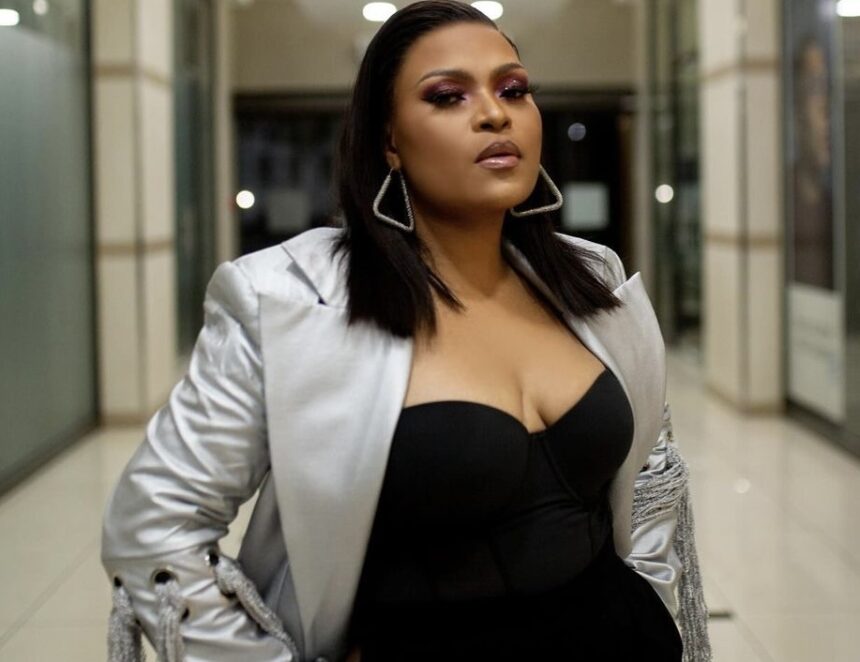In a heartfelt and candid interview with David Mashabela, South African singer Bucie revealed her ongoing struggle with borderline personality disorder (BPD), a mental illness that significantly impacts emotional regulation. Reported by TshisaLIVE, for the first time, the beloved artist shared her personal journey from diagnosis to finding ways to manage her condition, offering a glimpse into the challenges she has faced along the way.
Bucie’s emotional struggles became too overwhelming to ignore, leading her to seek answers online before consulting a psychologist, who finally brought clarity to her experiences. “It’s not something we talk about enough as Africans, it’s still taboo, it’s as if you are crazy. I have been diagnosed with borderline personality disorder but so much made sense. All of it [makes sense],” she said, shedding light on the stigma that surrounds mental health in African communities.
The diagnosis brought Bucie a sense of understanding, but it also revealed the complexities of her condition. “I used to freak out in my anger. I am calm, I like being like this, I like laughing, I don’t want to be mad. When I’m mad it’s like something switches and I just see red and when I snap out of it, it’s always like, did I do that?” she explained, highlighting the intense emotional swings characteristic of BPD.
After her diagnosis, Bucie was prescribed medication, but the side effects left her feeling disconnected and uninterested in life. “I started taking medication and I hated it. I was a zombie, I was not interested in anything and there was something not normal about the way I was feeling,” she recalled. When she discovered she was pregnant, she made the difficult decision to stop the medication, instead choosing to focus on counseling and the support of her loved ones.
Despite facing personal hardships, including a recent divorce, Bucie is now in a much better place. She has learned to navigate her emotions and finds solace in laughter and positivity. Her journey emphasises the importance of self-awareness and emotional regulation. “Being able to control your emotions? That’s not easy. When you can do it and you don’t need anything to help you do it and you do it by yourself sober-minded,” she said, offering a message of hope and resilience.







